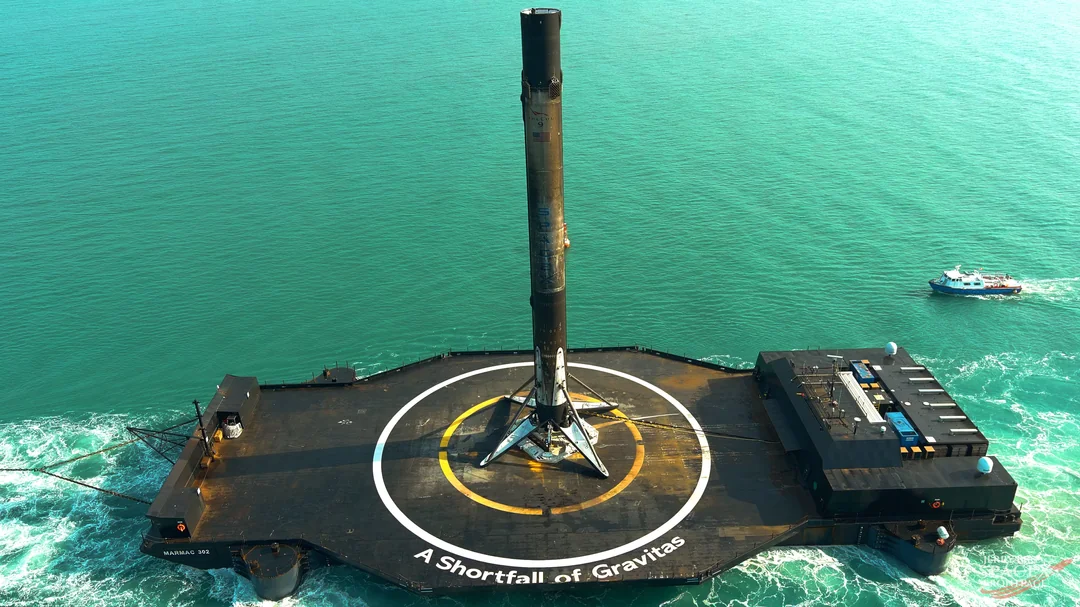SpaceX has once again updated its own record for the number of uses of the first stage of the Falcon 9 rocket. It has reached twenty-three flights. However, this achievement came at the cost of losing the stage itself.
After sending 21 Starlink satellites on their way to orbit, Falcon 9 booster 1062, making its 23rd flight, tipped over and exploded as it landed on the drone ship ‘A Shortfall of Gravitas’. It was the first Falcon 9 landing failure since Feb. 2021. Watch a replay of our live… pic.twitter.com/Dquqk2DL2R
— Spaceflight Now (@SpaceflightNow) August 28, 2024
It is about the booster with the flight number B1062. It was first used in November 2020. B1062 has mainly launched batches of Starlink satellites into space, but it also has two manned missions to its credit, the Inspiration4 mission in September 2021 and the Axiom-1 mission in April 2022. In total, during its operation, the booster sent into space about 550 satellites with a total mass of more than 300 tons.
The record 23rd flight of B1062 took place on August 28. It followed the usual scenario. The Falcon 9 rocket, carrying a batch of 21 Starlink vehicles, was launched from Cape Canaveral Space Center. The first stage of the carrier worked off a section of the flight, after which it separated and landed on a barge in the Atlantic Ocean. However, immediately afterwards, the unit overturned and exploded. As for the second stage of Falcon 9, it continued its flight and successfully placed the satellites into the specified orbit.

Thus, SpaceX interrupted its unique series of 267 consecutive successful landings of Falcon 9 first stages. They lasted more than 3.5 years, starting in February 2021.
It is worth recalling that initially the first stages of Falcon 9 (in Block 5 modification) were certified for ten flights. Since then, SpaceX has raised the bar several times, first to fifteen and then to twenty missions. Some Falcon 9 first stages are now actually operating in test stand mode, testing the real limit of their reusability. The next stages that could break B1062’s flight record are boosters with flight numbers B1061 and B1067. They accounted for 22 and 21 missions, respectively.
Recall that due to the recent Falcon 9 accident, SpaceX also interrupted its nearly decade-long streak of consecutive successful space launches.


